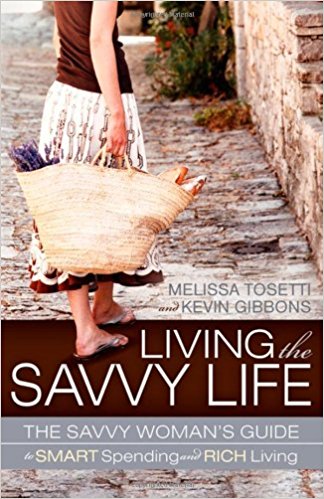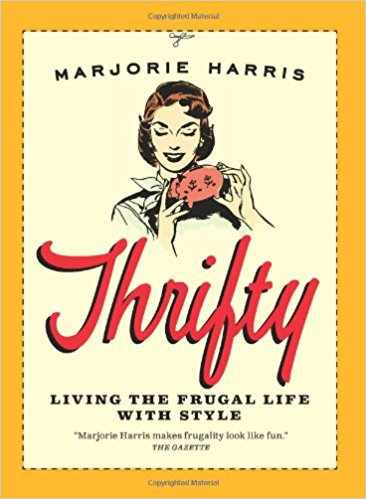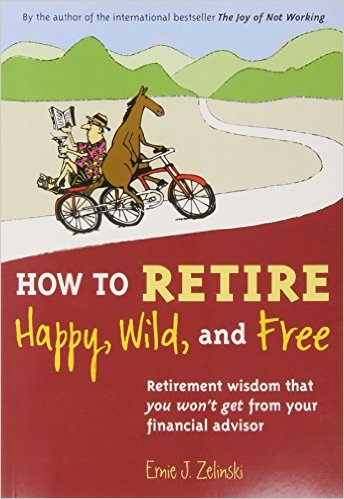By Susan Doktor
Pretty much any financial advisor you consult will tell you that having a solid credit profile and high credit score should be one of your top financial goals. Do you know what your credit score is? It’s a good idea to download a free copy once a year or so. Ironically, not owing anybody any money is often a detriment to achieving that aim. The only way to earn a high credit score is by taking on and responsibly paying against some debt. Maintaining an active credit card account is a simple, relatively inexpensive way to demonstrate your credit-worthiness. Put small purchases on your card and pay them off every month. It’s that simple.
Why is having a high credit score important? Because somewhere down the road, chances are you’re going to want to borrow some money—perhaps to buy a house or a new car. You may need to finance your kids’ college education. Lending institutions reserve their lowest interest rates for their most credit-worthy customers. Let’s take mortgages by way of example. Even a quarter-point difference in a 30-year loan can add up to thousands of dollars in savings over a lifetime of home ownership. That’s an opportunity dedicated frugalistas, or really any consumer looking out for his or her long-term financial well-being, won’t want to miss. Check out this handy guide on how credit works and what your credit score actually means.
But helping you to establish a solid credit rating is just one of the reasons using a credit card makes living a frugal life easier. Nowadays, the best credit card companies offer consumers a range of incentives to promote usage. Cashback on purchases is one of the best. Recently, the variety of shopping categories that can earn you cashback has grown to include the most basic of provisions, including groceries and gasoline. Some cards reward you for every dollar you spend. Some offer special introductory bonuses that temporarily pay a higher cashback percentage. This higher cashback rate usually applies for the first year you use your card. Still other cards reward you specifically for online purchases, which a lot of us are making more often these days. When you’re shopping around for a credit card, make sure the cards you’re considering reward you for shopping in the categories that constitute the lion’s share of your monthly purchases or are otherwise the most meaningful categories to you.
Naturally, choosing the lowest-interest card you’re eligible for is a smart goal. If you already have a solid credit rating, you may even be able to find a card that gives you an introductory rate of 0%. Some of these cards offer 0% plus cash-back rewards. Many cards that offer a 0% introductory rate also include the option of transferring your balances from any other cards you have to your new card. That’s pretty hard to beat. If you’ve already amassed some credit card debt, you’re not alone, of course. The average American owes over $6,000 in credit card debt. These 0% interest cards represent a great opportunity to save money on interest in the short term. But be aware that if you don’t pay your transferred balance off during the limited time period, your rate will go up. Sometimes by a lot.
It’s worth mentioning that if you’re raising kids, setting a good credit example is important. When your kids reach the age when they can apply for a card, encourage them to do so, and then use it frugally. The earlier you establish a strong credit history, the better. Some older adults who’ve chosen to avoid using credit cards have a tough time when applying for a card because the credit industry sees them as—well, weird—riskier than other customers. More irony, for you. So teach your children well. They’ll reap the same benefits you will if you boost your credit profile.
Here's a great resource on the best credit cards that offer some combination of lucrative rewards, lengthy promotional APRs on purchases or balance transfers, generous welcome offers and generally favorable terms and conditions.
Guest Author Bio:
Susan Doktor is a journalist and business strategist who hails from New York City. She guest-blogs on a wide range of topics, including finance, technology, family life, and food and wine. Follow her on Twitter @branddoktor.
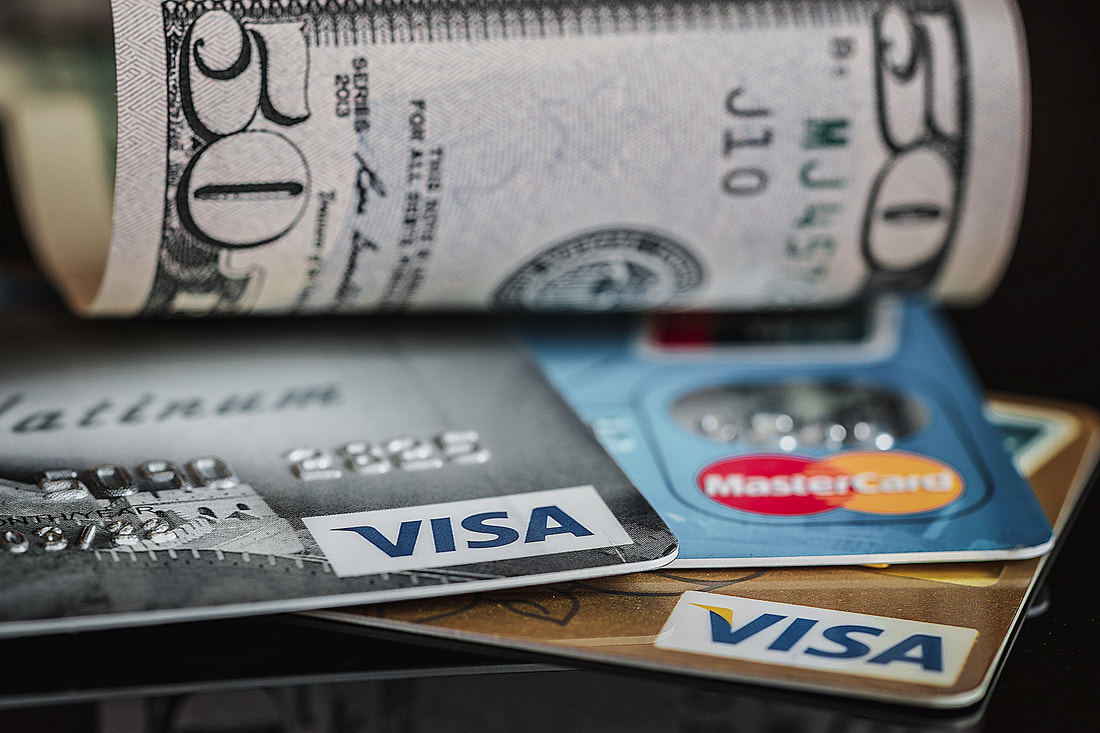




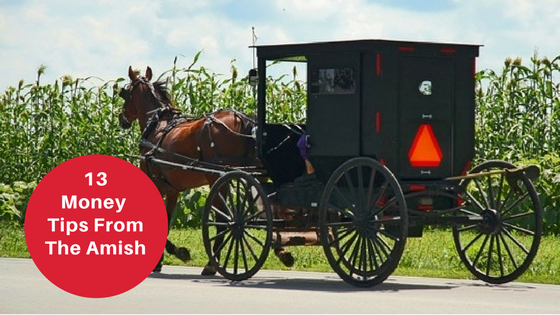


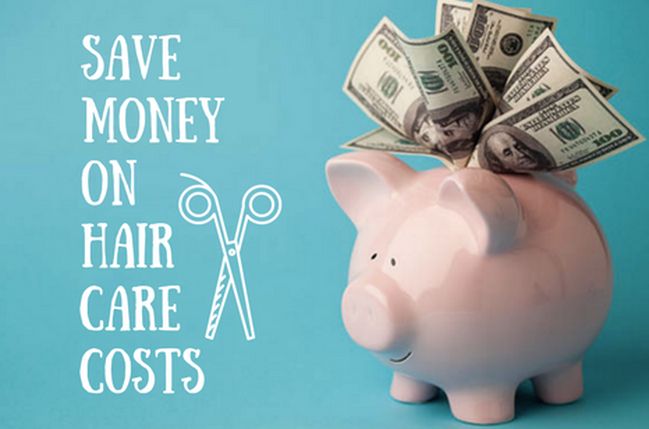





 RSS Feed
RSS Feed












